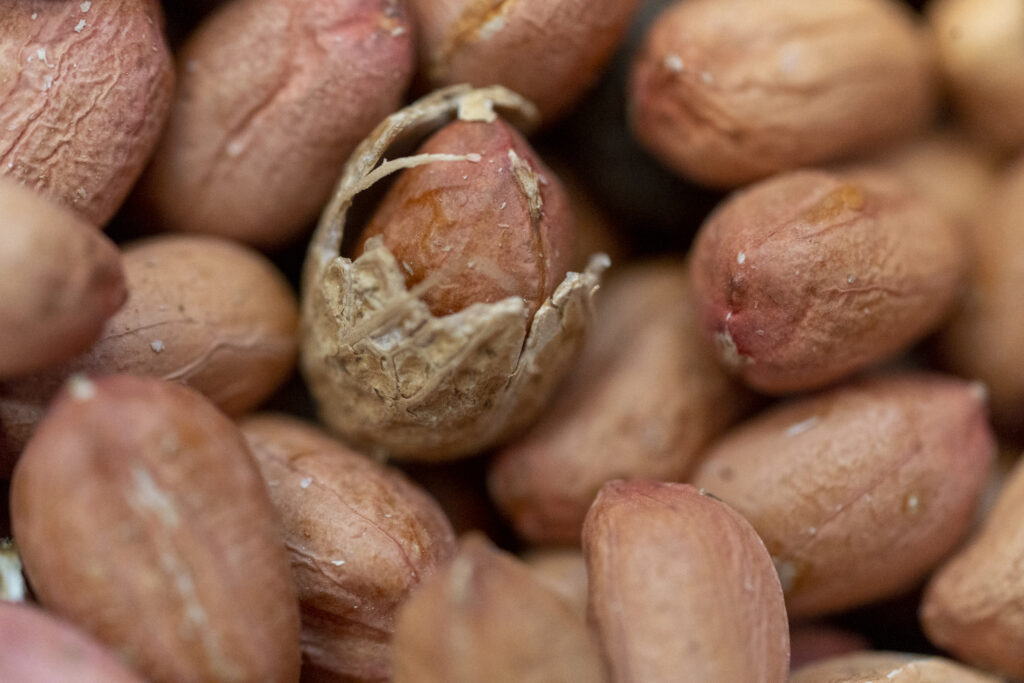Texas is the second-largest peanut-producing state in the U. S., producing approximately 20% of the nation’s peanut crop on more then 350,000 planted acres. Peanut production has a significant benefit to the Texas economy, with an annual crop value of $150 million, and an overall economic benefit of approximately $1 billion.

Research Interests
- Develop superior peanut varieties that are competitive in yield and have improved quality characteristics
- Development of disease-resistant and abiotic stress-tolerant germplasm to reduce the costs of production to growers
- Studying the genetics of peanuts to improve efficiency in breeding through development and use of molecular markers
- Develop and evaluate more effective chemical and non-chemical controls for the major weed species in peanuts
- Improvement of seed quality of peanuts grown in West Texas
- Reduction of production costs due to water usage and disease
- Develop and use genomic and phenomic tools to assist in peanut improvement.
Faculty and Staff
Emi Kimura
Associate Professor
Extension Agronomist
Extension State Peanut Specialist
Related Sites of Interest
- Peanut research at Lubbock
- Texas AgriLife Research
- Texas Peanut Program
- Variety Testing Information – Peanuts
- Peanut Research at Stephenville
Learn More About Research Areas of Focus in Soil and Crop Sciences
In the realm of soil and crop sciences, research focuses on a myriad of critical areas that drive sustainable agricultural practices and global food security. Soil health and management take center stage, exploring ways to optimize soil fertility, structure, and nutrient cycling to enhance crop productivity. Genetic advancements in crop breeding and biotechnology are pursued to develop resilient varieties that withstand environmental stressors and ensure high yields. Precision agriculture, integrating technology and data analytics, aims to fine-tune farming practices, reducing resource waste and maximizing efficiency. The exploration of sustainable agroecosystems delves into the intricate relationships between crops, soil, and the environment, fostering environmentally friendly approaches. Such research not only informs farming practices but also contributes to vital policy discussions, shaping the future of agriculture in a rapidly changing world.





